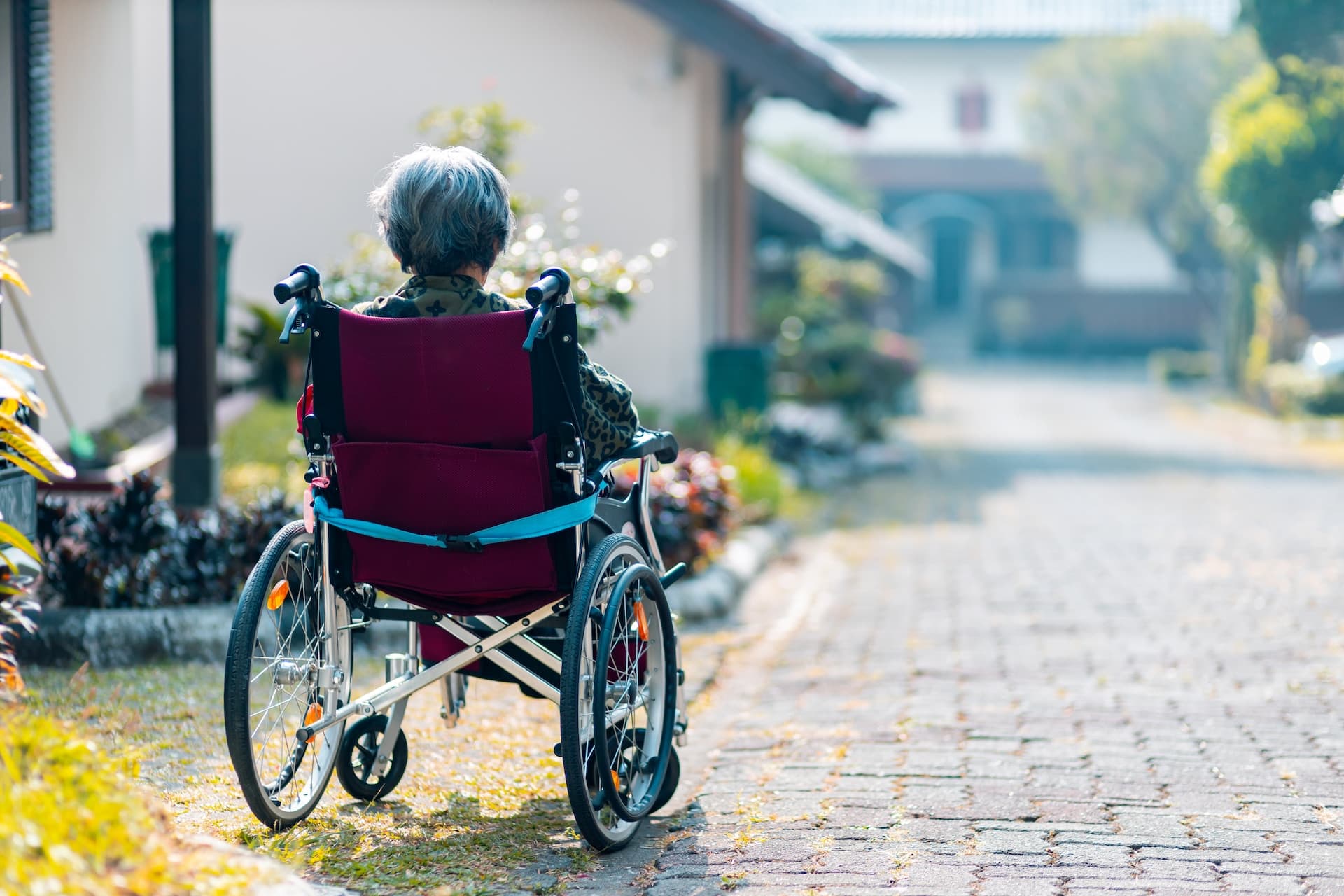Supporting Parents with Alzheimer’s Away from Home: A Complete Guide

Providing care for a parent with Alzheimer’s disease can be both emotionally taxing and physically exhausting. The challenges may intensify when you are away due to employment, other obligations, or personal commitments, leading to increased stress and worries.
Nonetheless, through thoughtful preparation and appropriate strategies, it’s possible to ensure your loved one receives the care they need while you’re not present. This guide offers a detailed approach to managing the care of your parents with Alzheimer’s during your absence.
Understand Their Needs and Routine
Begin by thoroughly understanding your parent’s daily routine, likes, dislikes, and needs. This knowledge allows you to devise a care plan tailored to their unique requirements, ensuring continuity. Document crucial details such as meal schedules, medication timings, favorite activities, and any specific situations that may lead to discomfort.
Enlist Professional Help
Seeking help from a professional caregiver or home healthcare aide can greatly ease the burden of caring for your parent in your absence. Additionally, collaborating with a psychiatric mental health nurse practitioner (PMHNP) can offer a specialized dimension of care. For insights into the role of mental health professionals in such situations, consider reading about Bridging the Mind-Body Gap with Psychiatric Mental Health Nursing.”
Many of these professionals also pursue a Doctor of Nursing Practice degree to hone their skills. These experienced caregivers possess training tailored to address the unique needs of Alzheimer’s patients, as noted by Baylor University.
They extend companionship, aid with day-to-day tasks, and ensure proper medication management. The holistic approach of a DNP-PMHNP can contribute comprehensively to your parent’s well-being. This ensures that their physical, emotional, and cognitive needs are well looked after during your absence.
Install Safety Measures
It’s important to note that approximately 60% of individuals dealing with dementia might experience wandering tendencies.
This wandering behavior can raise safety worries, prompting the need for proactive measures to establish a safe and secure environment for your parents. One effective approach involves installing safety measures that safeguard against potential risks. For a broader understanding of establishing a safe environment, not just for Alzheimer’s patients but in other contexts too, take a look at Essential Safety Measures for Your Personal Training Business, which offers valuable insights.”
This might involve placing locks on areas that could pose dangers, such as the kitchen. Additionally, take steps to secure hazardous items and ensure that pathways are unobstructed to minimize the risk of falls.
Embracing technology can be immensely helpful in this endeavor. Consider integrating home security cameras and monitoring systems to keep an eye on their well-being. These innovative solutions can provide you with peace of mind. They allow you to stay connected and ensure their safety, even when you’re not physically present.
Create a Visual Schedule
Alzheimer’s patients often find comfort in routine. Develop a visual schedule that includes important activities such as meals, medication times, and exercise. This schedule can help your parent navigate their day more easily, even when you’re not there to guide them.
Organize Medications
Medication management is crucial for Alzheimer’s patients. Use pill organizers to pre-sort medications for each day, and set up reminders through alarms or digital devices. Nowadays, advanced pillboxes offer built-in alarms that provide audible prompts for medication schedules. You can also work with your parent’s healthcare provider to synchronize their prescriptions for easier management.
Provide Engaging Activities
Engaging activities play a vital role in mitigating anxiety and alleviating boredom for your parents. Assembling a curated collection of puzzles, books, and favorite movies can be immensely beneficial. Among these options, music stands out as particularly impactful.
According to research from BioMed Central, an analysis of eight studies involving 689 participants highlighted that music therapy has a noteworthy and positive impact. It particularly bolsters cognitive functions in individuals grappling with Alzheimer’s disease.
These activities serve a dual purpose by engaging their minds and contributing to their overall well-being.
Create a Network of Support
You don’t need to face this alone. Reach out to family members, friends, neighbors, or support groups for assistance. Having a network of people who can step in when you’re not available can be a tremendous relief.
Regular Communication
Stay in touch with your parent’s primary caregiver, whether it’s a professional caregiver or another family member. Regular communication ensures that you’re updated on any changes or concerns and allows you to address them promptly.
Prioritize Self-Care for Yourself
The responsibility of caring for an individual with Alzheimer’s can take a toll on your emotional and physical well-being. Statistics from the Family Caregiver Alliance underscore the gravity of this issue.
Approximately 40-70% of caregivers exhibit signs of depression, a direct result of the emotional and physical demands that caregiving entails. In light of these challenges, it becomes imperative to safeguard your own health.
It’s important to take breaks and do things you enjoy, not as a luxury, but to keep yourself well. Also, talking to people close to you can really help with the emotional challenges of caregiving. Remember, it’s okay to take care of yourself too. Look after your mental health and ask for help when you need it. These steps are crucial for providing good care while also taking care of yourself.
Conclusion
Caring for a parent with Alzheimer’s when you’re not at home requires careful planning, effective communication, and the right resources. By understanding your parent’s needs, you can provide the best possible care for your loved one even when you’re not physically present.
This journey blends compassion, organization, and support, enabling you to provide unwavering care even when absent. Your ability to offer unwavering support remains a testament to your commitment and the strength of your caregiving bonds.










